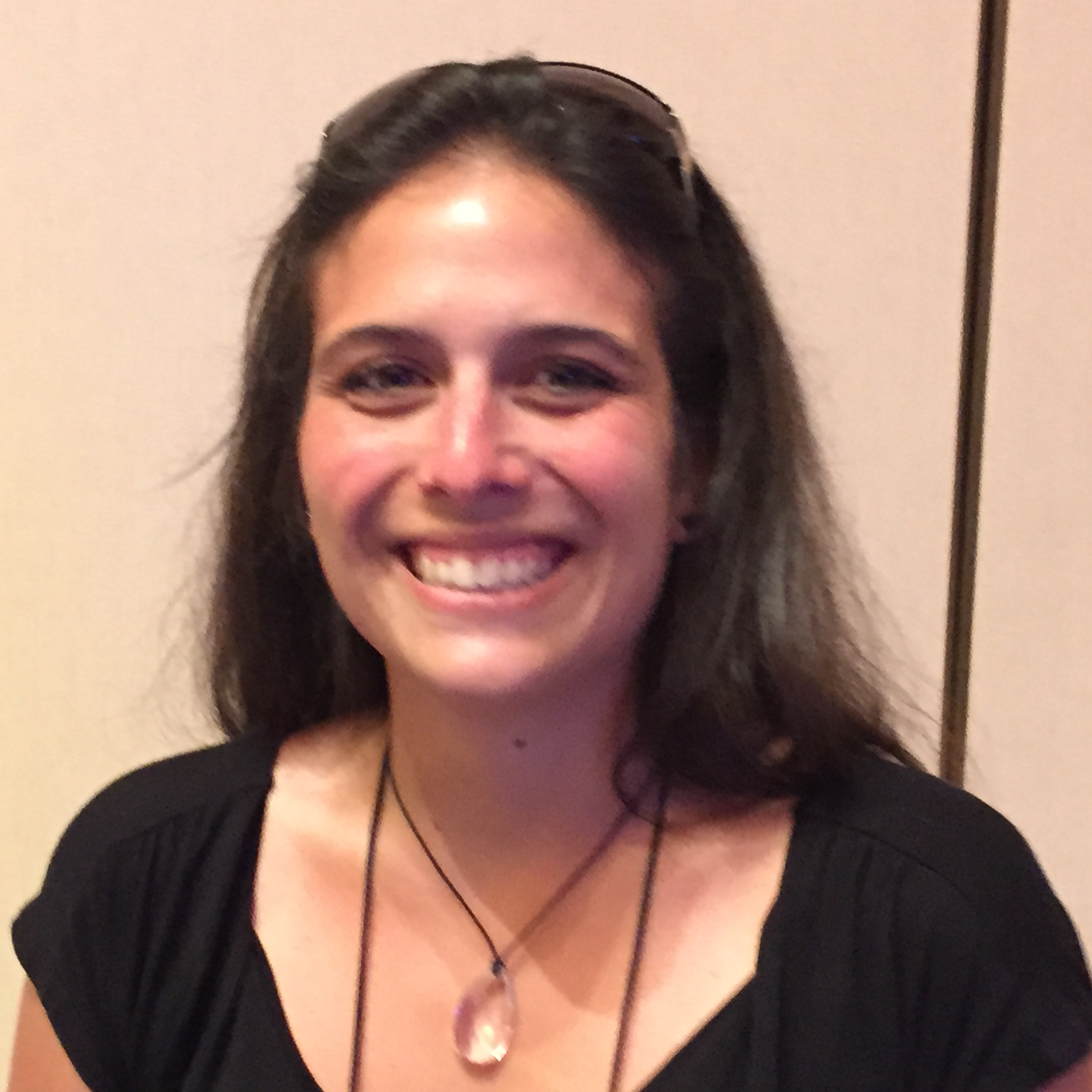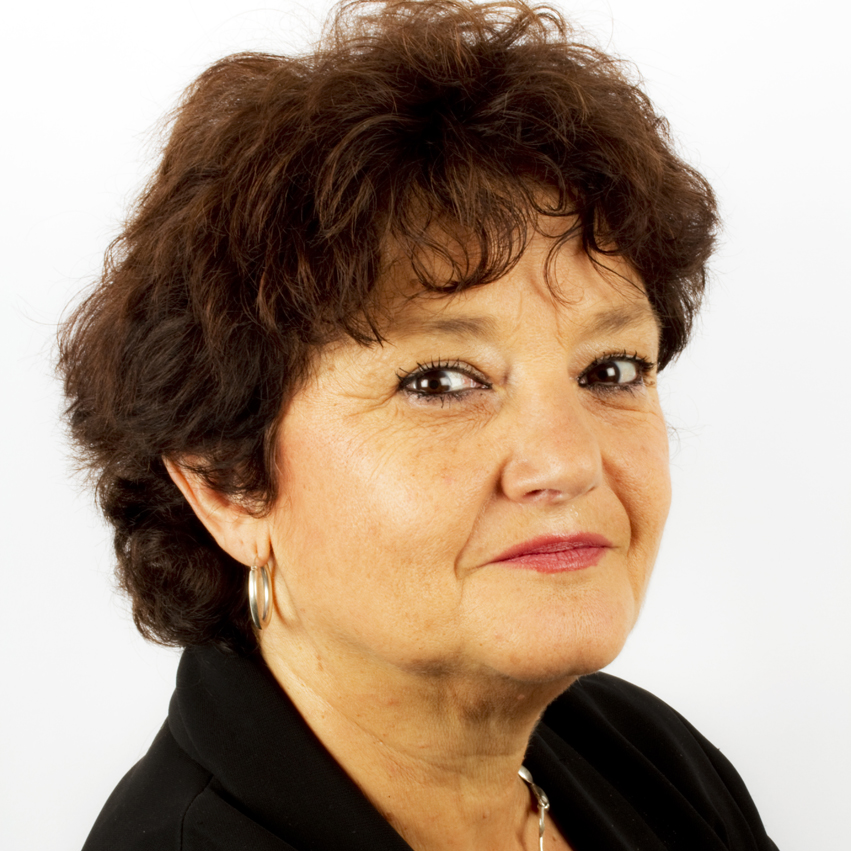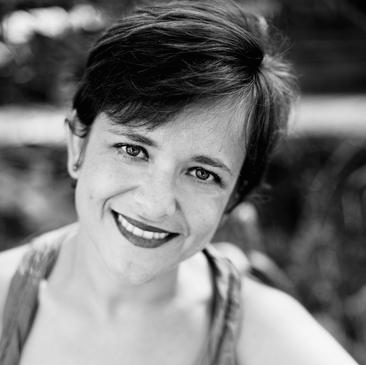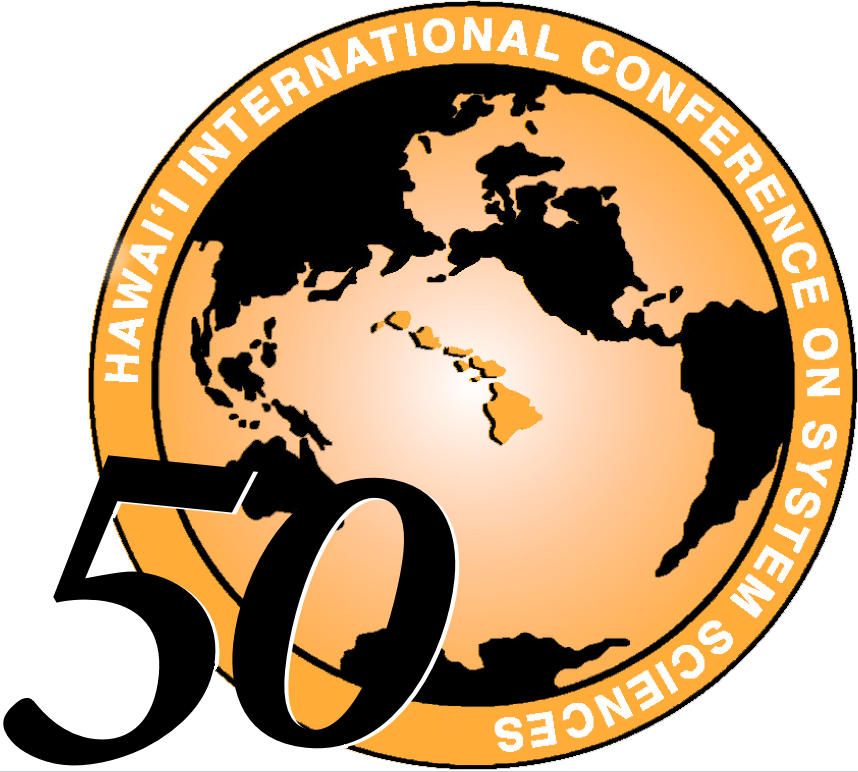HICSS - 50 E-Government Track
50th Hawaii International Conference on System Sciences
January 4-7, 2017 - Hilton Waikoloa Village, Big Island, HI, USA
Overview
Minitracks
Symposia and Workshops
Other Links
Smart Cities, Smart Government, and Smart Governance



Minitrack Description
The concept of smartness in government and governance has been investigated for more than a decade. Prominently, much research has been directed towards the concept of Smart City, for which so far no standard definition has been adopted either in theoretical research nor in empirical studies. Different definitions have been offered. However, all definitions seem to agree that a smart city refers to an urban environment, in which citizens’ daily life (work, school, safety, and leisure) improves over previous standards facilitated by modern information technologies. These improvements pertain to social, political, economic, governmental, and other dimensions.
Although smart cities are based on ICTs (Information and Communication Technologies), people (with their knowledge, habits, experiences, culture and behavior) remain the main actors and instigators of change and progress in the direction of smartness.
Finally, the concept of smart city refers to and translates into the broader and separate topics of smart government and smart governance, which are topics of interest in their own right. This minitrack aims at exploring (1) what a smart city is, how it evolves, and what the theoretical understanding of a smart city is; and (2) how the larger concepts of smart government and smart governance can be better understood and integrated.
Minitrack topics include, but are not limited to:
- Smart city definitions
- Conceptual frameworks of smart cities
- Conceptual frameworks of smart government
- Conceptual frameworks of smart governance
- Smart city case studies
- e-Government in the urban space (smart government)
- Smart city and emerging technologies (big data, open data, social media & networks,...)
- Smart city and decision-making
- Smart city and security
- Smart city and knowledge management
- Smart city evaluation & performance measurement
- Smart cities’ critical success factors
- Smart city and open innovation
- Managing the smart city
- New vulnerabilities in smart infrastructures
- Smart grids and their implications (traffic, utilities, communications)
- Smart grids and the Internet of Things (infrastructure, transportation, education, governance, environment, health care, safety, security, and energy)
- Smart partnerships (triple/quadruple helix, public-private partnerships, citizen participation)
- Collective intelligence for cities and regions
- New cybersecurity risks and vulnerabilities in smart technologies
More information on the mini-track chairs:
Elsa Negre received her Ph.D. in Computer Sciences in 2009 from Université François-Rabelais de Tours, France. She was a postdoctoral fellow at Université du Québec en Outaouais (UQO), Canada in 2010-2011, then at Laboratoire d'Informatique Nantes-Atlantique (LINA), France in 2011. She is currently an Assistant Professor at Université Paris-Dauphine, France. Her research interests include recommender systems, similarity measures, information systems and knowledge management, data warehousing and social network analysis, early warning systems and smart cities. Dr. Negre authored and co-authored more than 20 publications in refereed journals and conferences.
Camille Rosenthal-Sabroux is full Professor at Dauphine University, Paris IX. She is a graduate of PHD Pierre et Marie Curie, Paris VI, (1971) and HDR (habilitation à diriger des recherches) in Computer science (1996). From 1976 to 1989, she was assistant professor in Paris XI, in Expert System. Since 1989, she is Professor at Paris Dauphine University, Paris IX and advises some large companies (AG2R, Sallustro Redel Management, Bureau Veristas, PSA Citroën, Arcelor, France Télécom) about Information Systems, Knowledge Management, Decision Science. She is the founder of the SIGECAD Group, which domain topics are Information System, Knowledge Management and Decision Aid. Her main research topics are: Modeling Language (UML), Decision Aid, Knowledge Acquisition, Knowledge Management, and Information System. She is the Director of the Master “Extended Company’s Information System: Audit and Consulting”. She published several books and articles.
Mila Gascó-Hernández holds a MBA and a Ph. D. in public policy evaluation (Award Enric Prat de la Riba granted to the best Ph. D. thesis on public management and administration, given by the Escola d’Administració Pública de Catalunya in Barcelona, Spain). Nowadays, she is a senior researcher at the Institute of Innovation and Knowledge Management and at the Institute of Governance and Public Management, both at ESADE. For seven years, she was a senior analyst at the International Institute on Governance of Catalonia. She was in charge of the local studies and the information society areas of research. She has also taught at different universities. Among other, she has taught Management in the Rovira Virgili University and Public Policies Evaluation at the Pompeu Fabra University. She is also doing a lot of supervising work on information society-related research and PhD thesis. Mila Gascó has a lot of consulting experience on the information and knowledge society as well. In this respect, she has worked for a wide variety of organizations such as the United Nations Development Program, the Mayor’s Office in Valencia (Venezuela), the Spanish Agency for International Development Cooperation, the City Council and the Provincial Council of Barcelona, the International Institute for Democracy and Electoral Assistance, the Latin American Centre on Management for Development (for whom she co- developed the Ibero-American Interoperability Framework), the World E-Governments Organization of Cities and Local Governments (she was the leading judge for the WeGo Awards), the Inter-American Development Bank, or Google.
Co-Chairs
Elsa Negre
(Primary Contact)
Université Paris-Dauphine LAMSADE
Bureau B-220ter
Place du Maréchal de Lattre de Tassigny
75775 Paris Cedex 16, France
Phone: +33-1-4405-4184
Email: elsa.negre@dauphine.fr
Camille Rosenthal-Sabroux
Université Paris-Dauphine LAMSADE
Place du Maréchal de Lattre de Tassigny
75778 Paris Cedex 16, France
Phone: +33-1-4405-4724
Fax: +33-1-4405-4091
Cell: +33-6-0807-1487
Email: sabroux@lamsade.dauphine.fr
Mila Gascó
Institute of Public Governance and Management
ESADE – Ramon Llull University
Av. Pedralbes 60-62.
E-08034 Barcelona, Spain
Phone: +34-932-806-162
Email: mila.gasco@esade.edu
